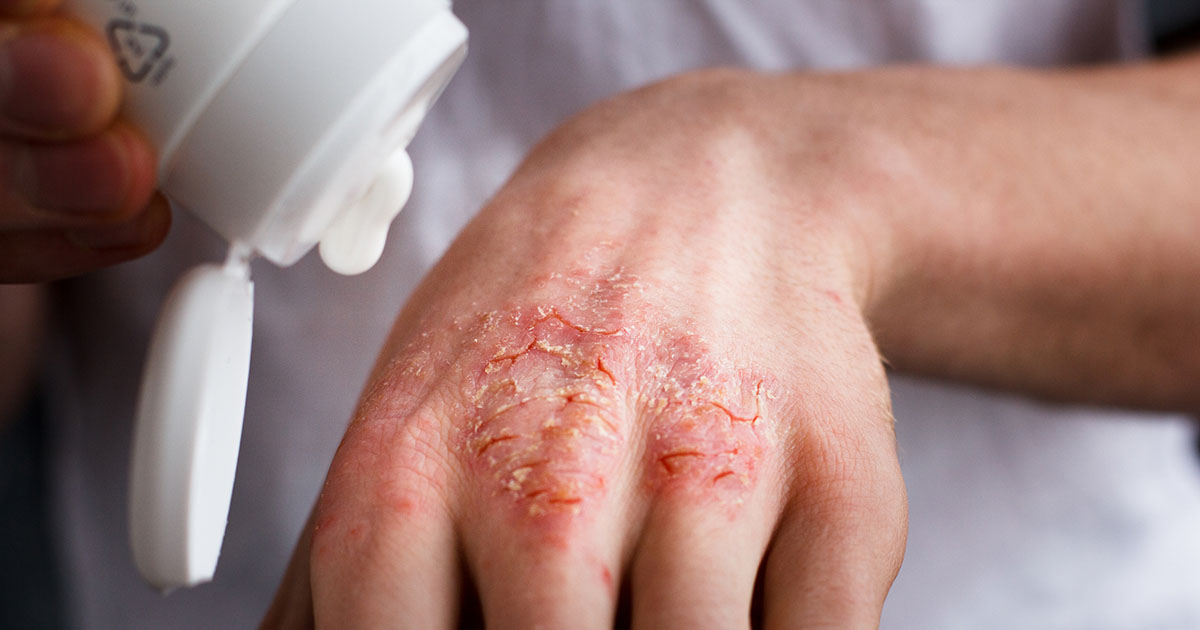Guide To The Causes And Risk Factors For Cold Sores
Eczema

Eczema can cause patients to experience flareups and recurrences of cold sores. One of the problems with this is there's a chance of developing a rare, serious infection. If individuals have open wounds caused by dry and flaky skin, and the virus that causes cold sores enters the wound, it can spread through their body. This is a condition called eczema herpeticum. Young children and infants with eczema are more prone to this infection than adults. Signs of the infection usually appear around five to twelve days after a person comes into contact with this virus. Patients may experience a rash, itching and watering blisters, a quickly-spreading and painful rash, fever, swollen lymph nodes, fatigue, and other flu-like symptoms. If the blisters aren't treated, they might crust over, bleed, and begin to resemble open sores. The pain tends to be intolerable by the time the infection reaches this stage. To diagnose this infection, a doctor will examine a skin sample under a microscope to determine whether it's consistent with the look of eczema herpeticum.
Get more details on risk factors associated with cold sores now.
Chemotherapy

Chemotherapy can lead to the development of cold sores if patients are prone to them. If individuals don't have the cold sore virus in their body, chemotherapy will not infect them with it. But they might notice symptoms similar to cold sores because of how chemotherapy can lead to the development of mouth sores. Cancer-related sores form on the lips or inside the mouth. In the worst scenarios, they might look like burns and feel extremely painful. Some individuals might have trouble talking, eating, swallowing, and breathing. The main reasoning for the cold sore and general sore development is that chemotherapy inhibits and kills many white blood cells, which are necessary for fighting infection. During chemotherapy, cells throughout the entire body become damaged, including inside the mouth. Individuals might experience rawness, tenderness, bleeding, or painful open wounds as a result. Because the immune system is compromised, patients are more susceptible to viral and bacterial attacks. Individuals might develop several cold sores at once. Open sores can be dangerous for cancer patients, since a compromised immune system can't fight fungi, bacteria, and viruses that infect the damaged tissue.
Discover additional causes and risk factors for cold sores now.
